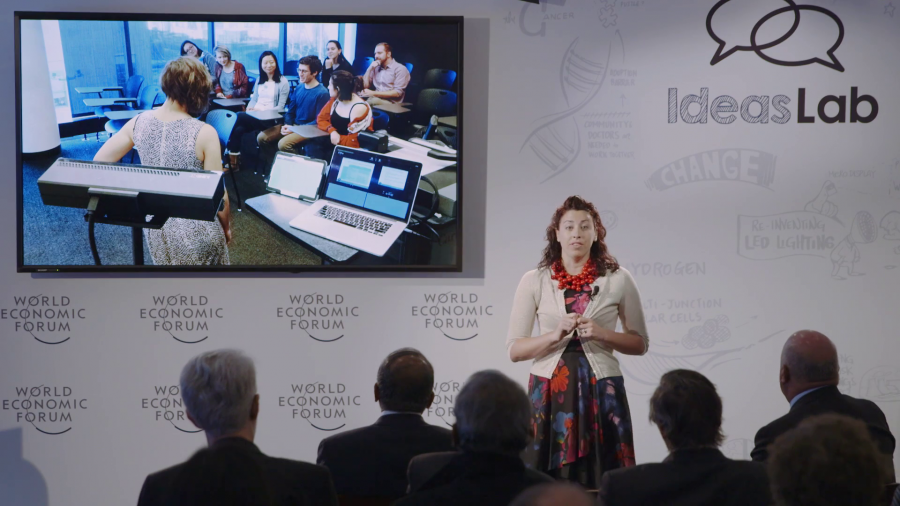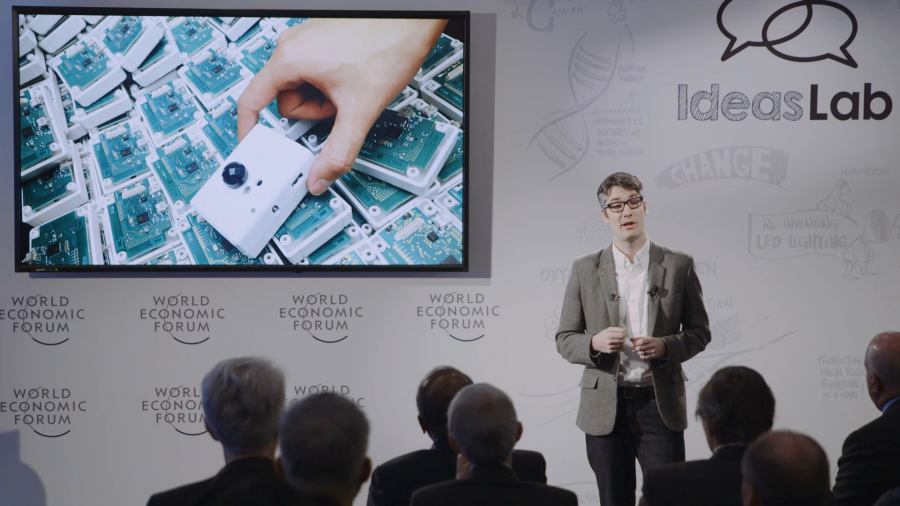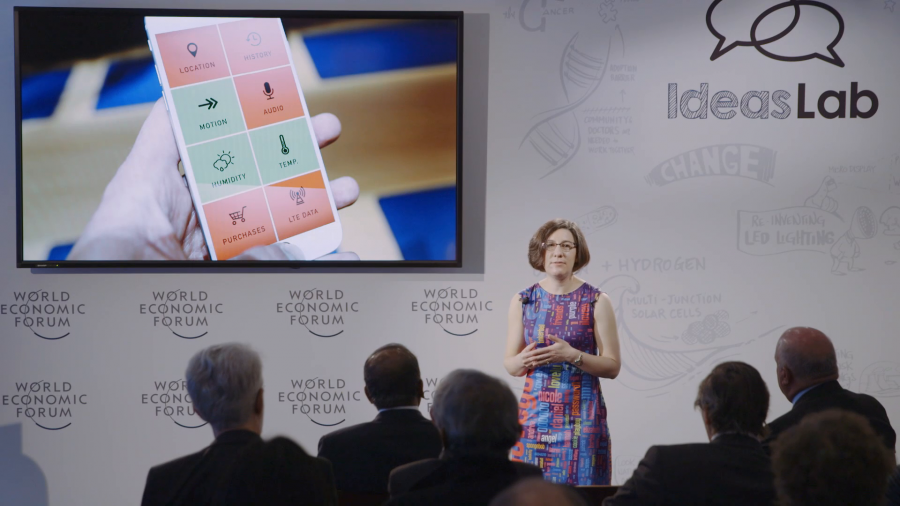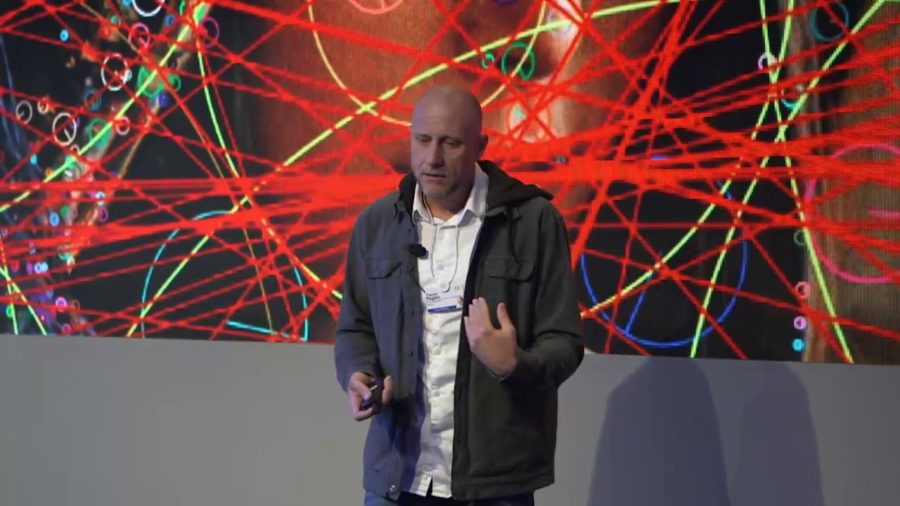One of the things I really want out of art, what I see the job of the artist to be is to try to learn how to see the historical moment that you find yourself living in. I mean that very simply and I mean it very literally. How do you see the world around you?
Archive
One of the most important insights that I’ve gotten in working with biologists and ecologists is that today it’s actually not really known on a scientific basis how well different conservation interventions will work. And it’s because we just don’t have a lot of data.

Education has remained largely unchanged for millennia. In any classroom, you see a set of students gathered around a teacher who’s writing on the board, or maybe now we’ve added a PowerPoint deck. But, as in many other fields that have been slow to change, the data revolution is coming for education.

We all see the benefits of active safety systems in cars. But that same safety technology, if attacked, can actually allow you to immobilize a vehicle or even disable breaks while driving.

Imagine your privacy assistant is a computer program that’s running on your smartphone or your smartwatch. Your privacy assistant listens for privacy policies that are being broadcast over a digital stream. We are building standard formats for these privacy policies so that all sensors will speak the same language that your personal privacy assistant will be able to understand.

